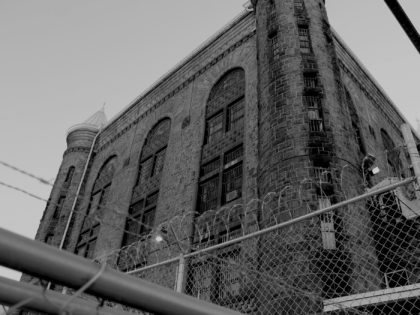
Yesterday Was a Good Day
Socialists and leftists performed well in races around the country.
Frances Abele CM is Distinguished Research Professor and Chancellor’s Professor of Public Policy Emerita at Carleton University. She is a research fellow at the Carleton Centre for Community Innovation and the Broadbent Institute. Much of her work focuses on indigenous-Canada relations.

Socialists and leftists performed well in races around the country.

The Czech Republic’s new leader is a sad symptom of a broader crisis.

For South Koreans, the biggest threat to peace isn’t North Korea but the United States.

We’ve been covering the October Revolution and its aftermath with uncharacteristic nuance.

The story of November 7, 1917 — the day the Bolsheviks changed world history.

Over the course of 1917, the Petrograd Soviet transformed from a body willing to negotiate with capital to one ready for revolution.

The story of the Baku Commune’s leaders, who pursued power democratically and nonviolently, belies many of the myths of the Russian Revolution.

The Bolsheviks’ rise to power, one hundred years ago today, revisited.

The German Social Democrats built a world of cultural institutions that improved workers’ immediate lives — while organizing for a socialist future.

In a world where Native people had little power, American Indian Movement cofounder Dennis Banks was a force.

One year ago today, Erdoğan’s government jailed the leaders of the HDP. It’s time to build an international campaign for their release.

Argentina’s recent legislative elections fortified an insurgent right eager to conquer the political landscape.

Ronnie Kasrils, head of intelligence during South Africa’s struggle against apartheid, on his revolutionary life and the prospects for the country’s left.

The feverish bids to attract Amazon’s second headquarters are a side effect of a deeper economic malaise.

Saudi Arabia’s latest plans for a futurist city show the perils of unbridled urban expansion.

100 years ago today, a 67-word statement from the British cabinet shaped the future of Palestine.

According to Donald Trump, the US should be able to do what it wants, when it wants, and the way it wants.

The only future made possible by Blade Runner 2049’s final scene is more and more Blade Runners.

The numbers on mass incarceration make one thing clear: it is a gigantic machine for entrenching inequality.

In Turkey, nationalist dogma and women’s subordination go hand in hand.